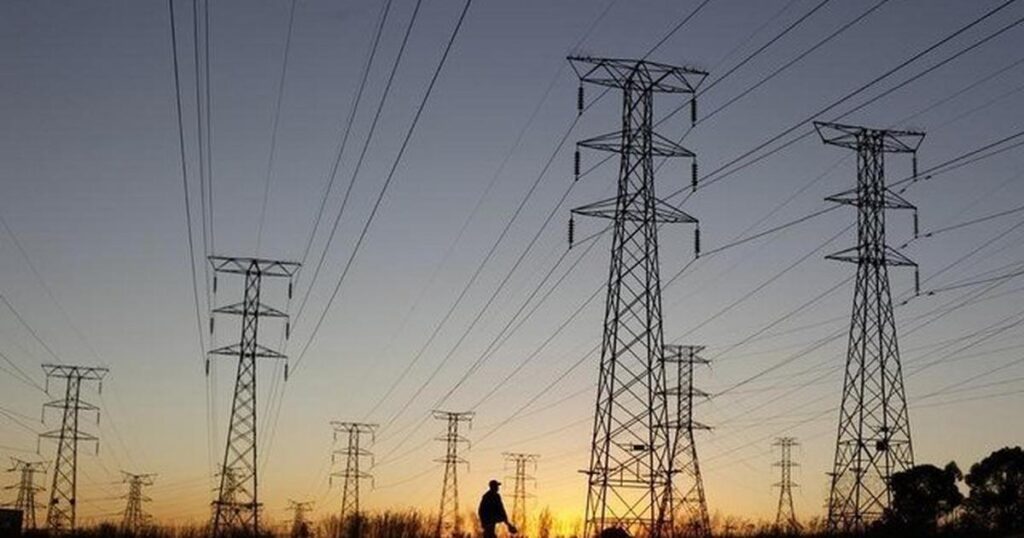South Africa’s state-owned power utility, Eskom Holdings SOC Ltd., has requested a 36% increase in electricity tariffs for its 2026 financial year, according to Bloomberg.
The request was submitted to the National Energy Regulator of South Africa (Nersa), with Eskom citing that previous price hikes have been “inadequate” to cover its escalating financial needs.
Eskom, burdened with heavy debt and facing declining revenue, has been striving for years to provide stable electricity for the largest economy in Africa.
The embattled utility, responsible for providing the majority of the country’s electricity, has seen prices triple over the past 14 years.
Burdened by a massive debt of 400 billion rand ($23 billion), Eskom has received numerous bailouts from the National Treasury to maintain operations. However, terms of the government’s support prevents the utility from taking on more loans, leaving it in a difficult financial situation.
Despite the government providing a 254 billion-rand debt-support guarantee, Eskom insists that cost savings alone will not be enough to achieve financial health. It has also applied for additional tariff hikes of 11.8% for fiscal 2027 and 9.1% for 2028.
In a statement, Eskom’s Chief Financial Officer, Calib Cassim, emphasized that “cost-reflective tariffs” are crucial for ensuring the utility’s financial sustainability and maintaining reliable power services. The government, however, has made it clear that no further financial support will be provided beyond the current guarantee, reinforcing the need for Eskom to raise tariffs.
In July, Eskom recorded 100 consecutive days without power cuts, a milestone that followed a period of outages that severely impacted South African businesses, leading to the slowest rate of economic growth since the 2020 pandemic—just 0.7%.
The proposed price hike now raises concerns about the affordability of electricity for everyday South Africans, who are already grappling with rising living costs.
This article was originally published by a africa.businessinsider.com . Read the Original article here. .


